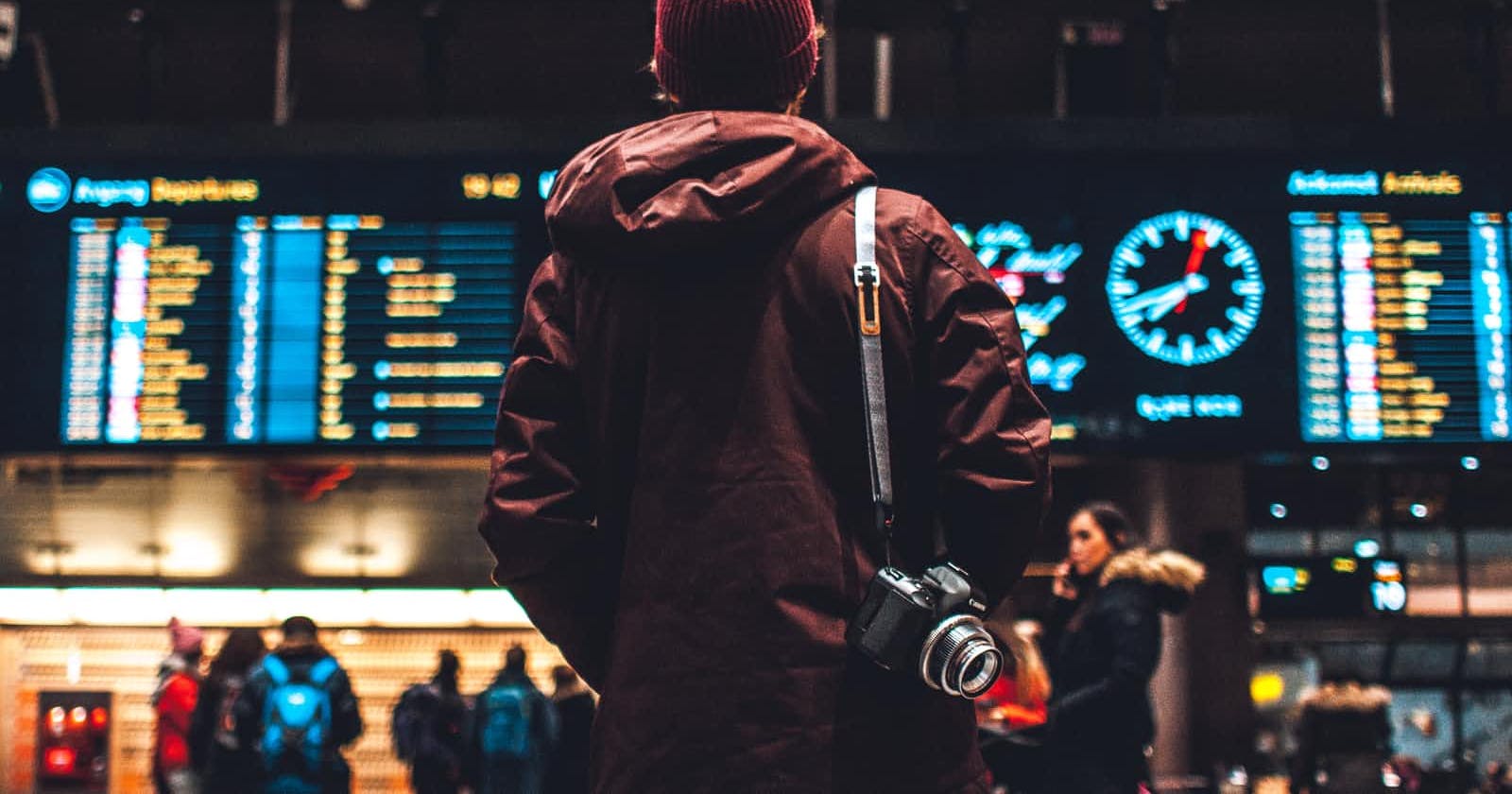Nobody can deny that technology and travel are a winning mix nowadays. This united force is also important in how we travel: from the holiday place we choose to what we do once we arrive, and even after we've returned from our experience. It is so common that, according to a Google Travel research, 74% of travelers arrange their journeys online, while only 13% still utilize travel agents to plan their excursions.
Millennials have also contributed significantly to the paradigm change. They enjoy traveling and are enthusiastic about new technology. This fusion of interests has created a new setting in which social media, apps, blogs, and other tools play a vital role when it comes to planning a vacation. Similarly, as the industry has become more conscious of this trend, it has followed suit by altering its business strategy and product offering to attract this sought-after demographic.
Who hasn't gone somewhere just to take advantage of Ryanair's 30-euro round-trip ticket deal? If we just want to go somewhere, we go online and check out what the budget airlines have to offer, see which destinations are the cheapest, and boom, we're off! This scenario, which is now so common, was unfathomable a few years ago.
Travel and technology trends and updates
As some experts from BugBog blog, in this article about the trends of tourism, the industry is undergoing a significant transformation. There are numerous mitigating factors, but new technical solutions are among the most important.
"The shift goes beyond improving processes or the tourist experience; it means revamping the tourism system itself," Eurecat Tourism Innovation Department Director Salvador Anton Clavé said at the Forum TurisTIC de Barcelona event. We're helping to enhance operations, customer service, and customer relationships, as well as developing new business models. All of this automatically helps the traveler by making the process of planning a trip easier and more enjoyable.
"In this new decade, we'll see how the travel industry tries to respond to the needs of a type of traveler more concerned with sustainability, and with more tech knowledge or curiosity, through developing products, functions, and services that make discovering the world easier for all," Booking.com Senior Vice President and Chief Marketing Officer Arjan Dijk recently stated.
Next, we'll look at some of the technical advancements that are currently affecting the industry and, according to various research, will result in substantial short-term changes.
The tourism industry's seven most essential technological solutions
Cellular Technology
This is without a doubt the central figure in the new modes of transportation. Our phones have taken on the roles of tour guide, travel agency, top restaurant locator, map, and more. It has been by our side throughout the entire purchasing process. According to TripAdvisor, 45 percent of consumers utilize their smartphone for all aspects of their vacation planning.
Virtual and Augmented Reality
Augmented reality (AR) and virtual reality (VR) have also made their way into the travel world, and the truth is that they are becoming increasingly popular due to the numerous benefits they provide. More corporations are using technology to show consumers a stateroom on a cruise ship or send them to the Great Wall of China for a few seconds.
Today, we can "teleport" ourselves to the farthest reaches of the planet without ever leaving our sofa. That's what the EVEREST VR app from Everest can give you, allowing you to glimpse the top of the globe without having to climb to the top. Alternatively, you can paddle across the Grand Canyon in a kayak and take in the sights and sounds.
The Internet of Things (IoT) (IoT)
The Internet of Things (IoT) has the potential to revolutionize the tourism business. Sensors connected to the Internet are being integrated into products such as cars, bags, buildings, and more.
The Internet of Things, according to Spain's Hotel Technology Institute (Instituto Tecnológico Hotelero, or ITH), "will be the key revolutionary element in the personalization of the consumer experience over the next few years."
Some Virgin Hotel hotels provide their guests with an app that allows them to interact with the room's temperature or manage the television. There are now suitcases with electronics that allow consumers to track their suitcases using their cell phones at any time to avoid misplaced luggage.
Virtual Personal Assistants
Siri and Alexa are virtual assistants that can answer all of our questions, such as what the weather is like in my city today, turn on the radio, check my email, and more.
Thanks to the arrival of virtual assistants that are specifically created for this context, hotels are already beginning to enlist this "assistance." Watson Assistant is an AI-powered virtual assistant that provides customers with an interactive and personalized experience.
This is an open technology that businesses can use and customize to their specific needs. This way, the virtual assistant will not be called Watson, but rather the name chosen by the hotel.
Big Data
There has been a lot of talk about Big Data recently, but no one has yet demonstrated all of the benefits it may provide to the travel industry. Nonetheless, it is already in use by a large number of industry players.
The Meliá hotel chain analyzes data about its customers to determine which demographics are best suited for marketing initiatives. To construct the most appropriate client profile and achieve a greater success rate, they review their database to look at the amount spent, the reason for the trip, and the nation of origin, and cross-check this information with public data from government sources. They may better segment their campaigns in this way, increasing their efficacy and reducing the amount of money spent on them.
Blockchain
Blockchain is a technology that has the potential to change the world as we know it. Although it is most commonly connected with finance, it appears to have an impact on travel as well.
While there hasn't been much testing, it's feasible that it will be beneficial for authenticating travelers at airports, ensuring transparency in tourist opinions, and making payments simple and secure.
5G Technology
With the support of 5G networks, 5G travel technology becomes even more powerful. They offer substantially quicker loading and downloading speeds, as well as better coverage and connection stability. In addition to downloading content 20 times faster than before, 5G allows us to create and deploy technology that was previously unavailable due to 4G limitations. As a result, smart device connections will be more efficient, and we'll be able to fully appreciate the Internet of Things (IoT).


